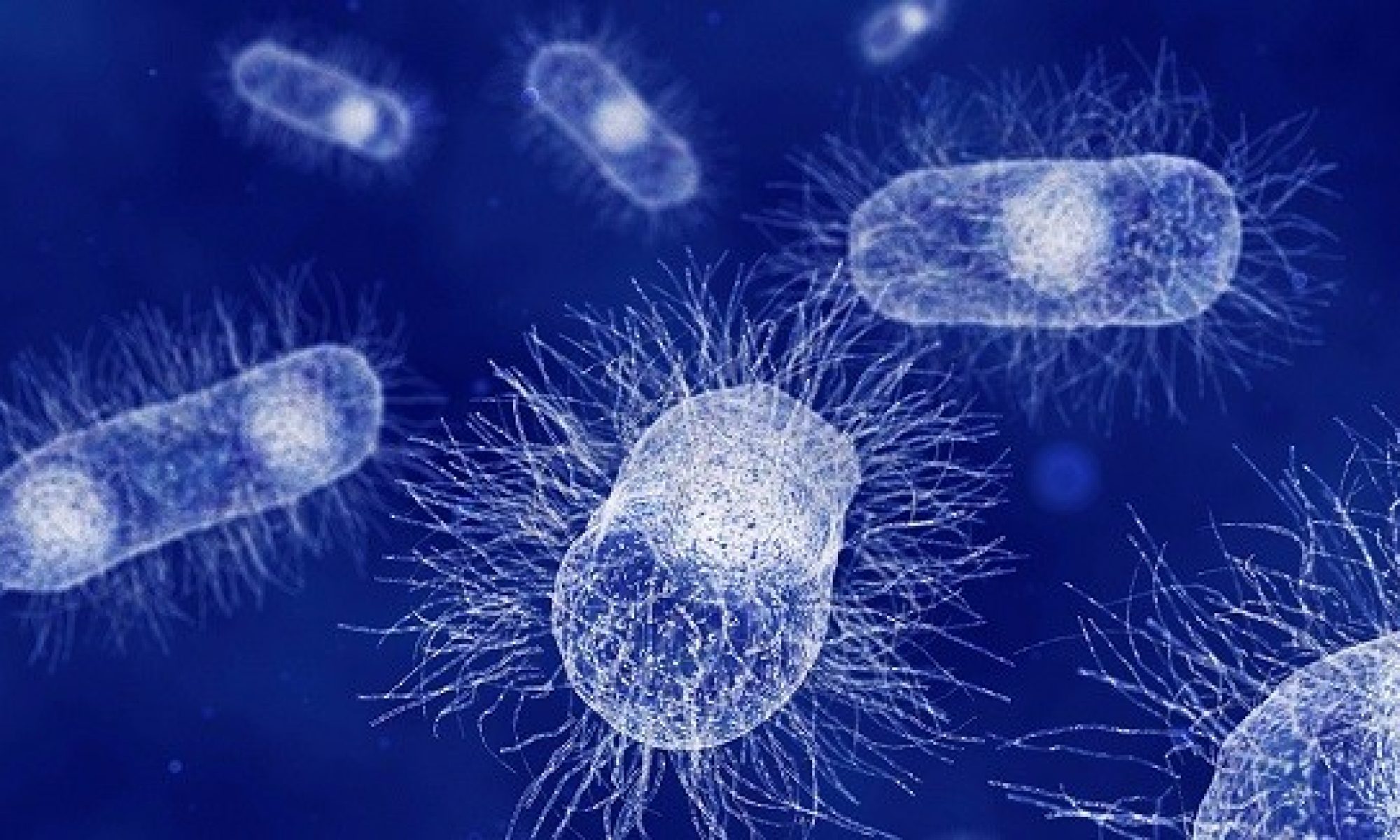50 credits + required minor.
The Liberal Program is a flexible program that allows a strong concentration in microbiology and immunology, all the while pursuing a minor in a different speciality. This program is suggested for those who wish to have more breadth in their studies, achieved by the modular structure it takes. It is suggested for students who do not wish to overly specialize in Microbiology and Immunology, or wish to have more room for elective studies. For more information about the program, visit: https://www.mcgill.ca/microimm/undergraduate-programs/programs/liberal
66 credits.
This program is designed for students looking to gain a detailed background in both Microbiology and Immunology. In addition, fundamental life science courses like organic chemistry, cellular and metabolic biochemistry, as well as genetics and molecular biology are also covered. This program has a variety of future prospects, including but not limited to professional schools, graduate education, or for entry into industrial and research institutes. Students cover topics like immunology, virology, parasitology and bacteriology with a high degree of specialization, as well as gain substantial lab work experience and technical instruction, in addition to a newly implemented scientific communications course. For more information about the program and the courses required, visit: https://www.mcgill.ca/microimm/undergraduate-programs/programs/major
72 credits.
This program is designed for students who wish to combine the substantial background of a Major program with the opportunity to carry out a laboratory research project in their U3 year under the supervision of a departmental professor. The same courses as the Major program are followed in the U1 and U2 years, with a CGPA of at least 3.5 obtained at the end of the U2 year to enter the program. It is recommended for those who wish to gain first hand the experience of designing and executing a scientific experiment with sophisticated methods and equipment, as well as deliver a seminar presentation describing their findings. For more information about the program requirements, details and how to apply, visit: https://www.mcgill.ca/microimm/undergraduate-programs/programs/honours
75 credits.
This program involves elements incorporated from the departments of Biochemistry, Microbiology and Immunology, and Physiology. It provides a foundation in immunology for those who wish to pursue a career in biomedical research or medicine. Like the Honours program, it gives students the opportunity to pursue an individual research project but this time specifically focused on Immunology that combines an independent research project with a collaboration with a supervisor on all aspects of their project. It allows students to gain an understanding first hand of biomedical research through experimental design, data collection, analysis and interpretation, as well as oral presentations and written reports. For more information on eligibility and application procedures for this program, visit their page: https://www.mcgill.ca/microimm/undergraduate-programs/programs/interdepartmental
All information was adapted from the Undergraduate Department of Microbiology and Immunology website. We are not responsible for any mistakes that may have been made, and we encourage you to explore the website here for more information: https://www.mcgill.ca/microimm/undergraduate-programs/undergraduate
DISCLAIMER: Schedule suggestions are only a guideline to complete the Major Program and should not be thought of as the only way to complete your degree. Course insight is only a reflection of previous years experiences and may not reflect the coming year’s grading scheme or the nature of the course as these fluctuate from year to year.
